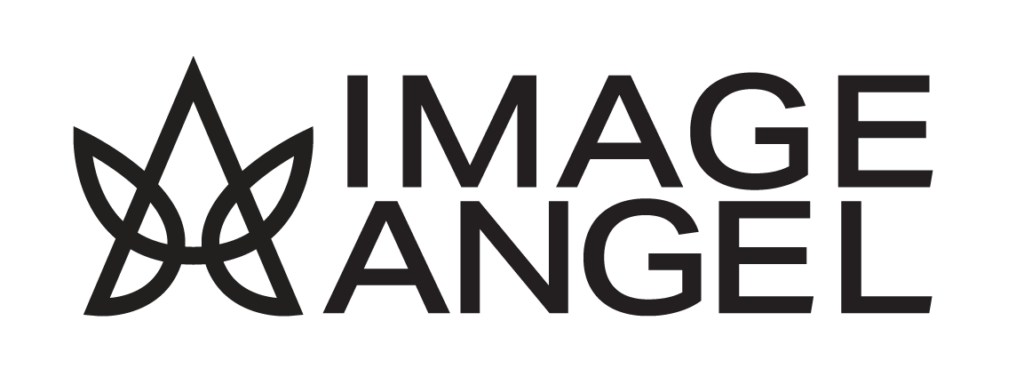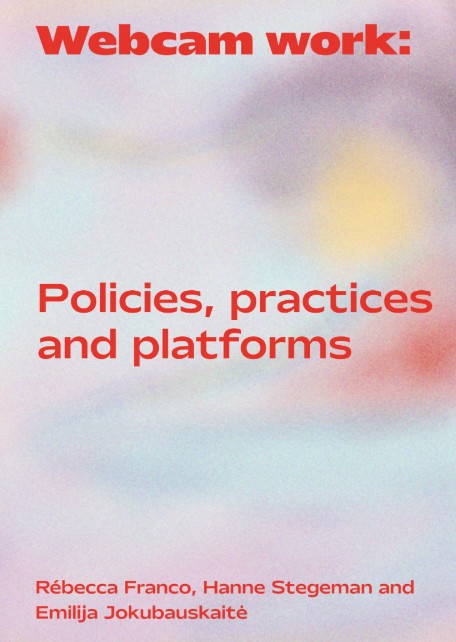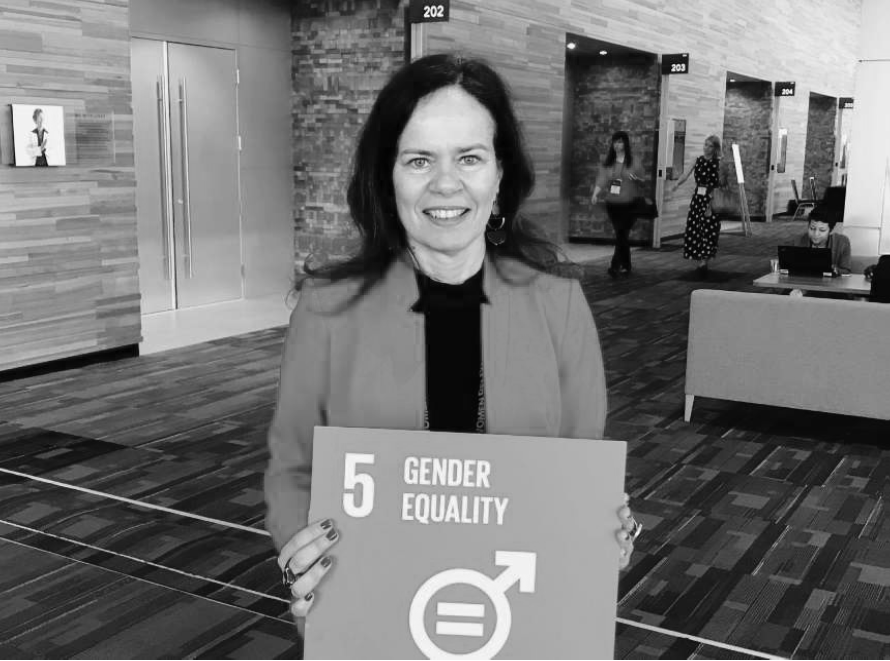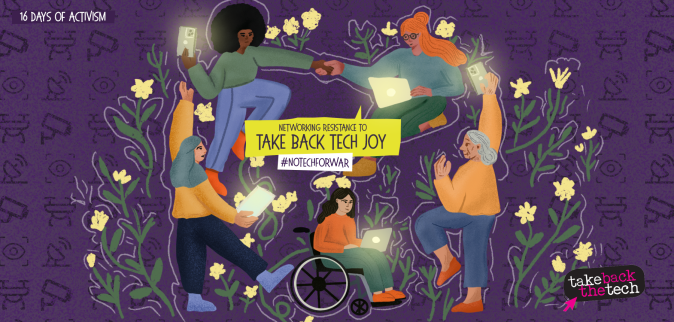A deep dive into the power structures shaping webcam work — and what must change to protect performers’ rights.
A timely report, ‘Webcam Work: Policies, Practices and Platforms,’ by Rébecca Franco, Hanne Stegeman and Emilija Jokubauskaitė, was released on September 9th, 2025. It was executed by the Plexxxi Project at the University of Amsterdam and produced in collaboration with industry experts, such as our CEO Madelaine Thomas, through interviews.
Webcam work remains one of the least understood and least protected platform labour sectors. The report highlights the frameworks affecting the industry, focusing on the experiences and challenges faced by performers within this global, billion-dollar sector. This focus on performers’ lived experiences within wider infrastructures offers valuable, and much needed, insight.
A troubling picture emerges. While platforms and payment companies dominate decision-making, performers themselves are left out of the conversation. The result is a labour sector marked by stigma, exploitation and invisibility, but also resilience, creativity, and inspiring calls for justice.
Who Regulates Webcam Work?
The regulation of webcam work involves multiple actors, including governments, payment intermediaries, and platforms, creating a complex framework that often neglects performers’ interests.
- Governments focus narrowly on illegal content, often applying sweeping global restrictions without considering how webcam work functions across borders.
- Platforms write vague terms of service, enforce them inconsistently, and rarely offer performers transparency.
- Payment intermediaries like Visa and Mastercard are arguably the most powerful regulators, setting stricter rules than the law itself and classifying adult work as high risk, which means higher fees, limited services and frequent account closures.
- Legislation such as FOSTA-SESTA in the U.S. increased liability for platforms, leading to overcautious content bans that punish workers more than bad actors.
- Even progressive policies, like the EU’s Platform Work Directive, still largely exclude sex workers from discussions of rights, benefits and protections.
The Weight of Power Imbalances
Payment intermediaries play a crucial role in regulating webcam platforms by dictating content and operational rules. This creates severe power imbalances:
- Rules are written without performer consultation, leaving no accountability for their real-world impact.
- Performers are punished for “non-compliance” with rules that are often unclear, inconsistent, or opaque.
- Platforms keep a huge share of income (35–65%), while most workers earn less than $1 per hour after deductions.
- A “winner-take-all” dynamic means the top 10% of performers earn nearly 70% of all tips, while the vast majority remain unseen.
What’s missing from all of this is a focus on labour rights. Regulators worry about content, reputation and risk, rather than the workers who keep the system running.
The Human Cost: Stigma, Isolation and Abuse
The regulatory landscape creates significant power imbalances, leaving performers vulnerable and without adequate representation. Webcam performers navigate a challenging work environment characterised by stigma, financial discrimination and isolation:
- Stigma is near universal: 65 of 67 performers in the study reported negative experiences of being judged, shamed or discriminated against for their work.
- Financial discrimination cuts deep: 21 performers reported blocked accounts, denied services, or increased fees just for being associated with adult content.
- Isolation is common: the digital nature of webcam work, combined with social stigma, leaves many performers feeling unsupported and alone.
- Client abuse is rampant: harassment, threats, and boundary violations are widespread. Platforms rarely penalise abusive clients, often punishing performers instead.
- Control over images is fragile: streams are often recorded without consent, and visibility is manipulated by opaque algorithms that can make workers either invisible or too exposed.
However, webcam work offers a source of autonomy through the ability to set personal hours, choose one’s environment and establish boundaries. Its flexibility allows individuals to work around responsibilities such as childcare, education or disability. Despite systemic inequalities, webcam work can provide financial independence, particularly where other employment options are limited. Additionally, some performers report feelings of empowerment, citing positive relationships with clients and an increased sense of sexual agency.
Recommendations: Building a Fairer Future
The report concludes with recommendations aimed at enhancing the working conditions and rights of webcam performers:
- Platforms should involve performers directly in governance, clarify terms of service and create real protections against client abuse.
- Payment intermediaries must include sex workers in rule-making, reduce discriminatory practices and provide fair financial services.
- Policymakers should decriminalise sex work, extend labor protections, and guarantee access to benefits like healthcare, sick pay, and insurance.
- Civil society must advocate for sex workers’ rights, fund cooperatives and worker-owned platforms, and support campaigns to destigmatize online sex work.
Why It Matters
The webcam industry reflects many of the broader dynamics of the digital labour economy, as an unstable, planetary system shaped by risk and reward. Yet unlike many other sectors, it remains heavily stigmatised, with sex workers often excluded from policy and public conversations that affect their lives. Recognising webcam performers as workers, first and foremost, is a necessary step toward justice. This means moving beyond moral debates about platforms and treating sex work as legitimate labour, entitled to the same rights, protections and respect as any other profession. The solution hinges on platforms, payment providers and governments, who must start listening to academics and companies like Image Angel to build a better future.
Read the report here: plexxxi.org/report/








